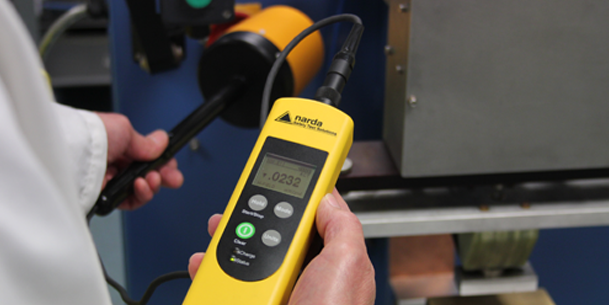There is a lot of confusion about EMFs and the symptoms associated with them, but some scientific evidence suggests that they may cause health problems. The symptoms may result from pre-existing conditions or a stress reaction that stems from concern about the health effects of EMFs. However, whatever the cause of the symptoms, they are often disabling. There is no definitive diagnosis for EHS and no scientific basis linking symptoms to EMF exposure.
There is no reliable way to tell whether an individual is suffering from EHS. Although correlations have been found between EMF/EMR exposure and the onset of symptoms, there is no conclusive proof that EMFs cause this syndrome. The most common culprits have been cell phones and mobile telephony base stations. There is also evidence that power lines and cordless phones are associated with the symptoms of EHS.
The symptoms of EHS are a mix of nonspecific and subjective. The most common symptoms are tiredness, sleepiness, nausea, dizziness, and heart palpitations. Many people with EHS also report experiencing psychological stress, but it is not clear whether this is a direct consequence of exposure to EMFs. It is important to note that the causes of EHS are still unclear, and the afflicted individuals are unlikely to have experienced a symptom of EHS.
While the symptoms of EHS are nonspecific and subjective, they have a similar effect. Some individuals experience headaches, body pain, tinnitus, heart arrhythmia, and other symptoms that may not be attributed to EMF exposure. In many cases, the underlying cause of the symptoms maybe environmental factors that are not related to EMF exposure, such as fluorescent lights, VDUs, and poor ergonomics of computer workstations.
The most common EHS symptom is sleep disturbance, and it is often the most obvious cause. Several studies have documented EMF attributions. The most common devices that cause EMFs are cordless phones, personal computers, microwaves, and power lines. The frequency of complaints varies between studies, but it is generally between 12% and 80%. Those who suffer from sleep problems should avoid being near such devices.
There are many symptoms associated with EMF exposure, which are nonspecific and subjective. In addition to sleeping problems, people with EHS may also experience tingling or burning of the skin, headaches, and insomnia. The frequency of complaints varies from study to study, but the symptoms are similar for all. The symptoms of EHS may include fatigue, concentration difficulties, and mood disorders. But, it is essential to remember that the frequency of the symptoms of these disorders varies greatly.

